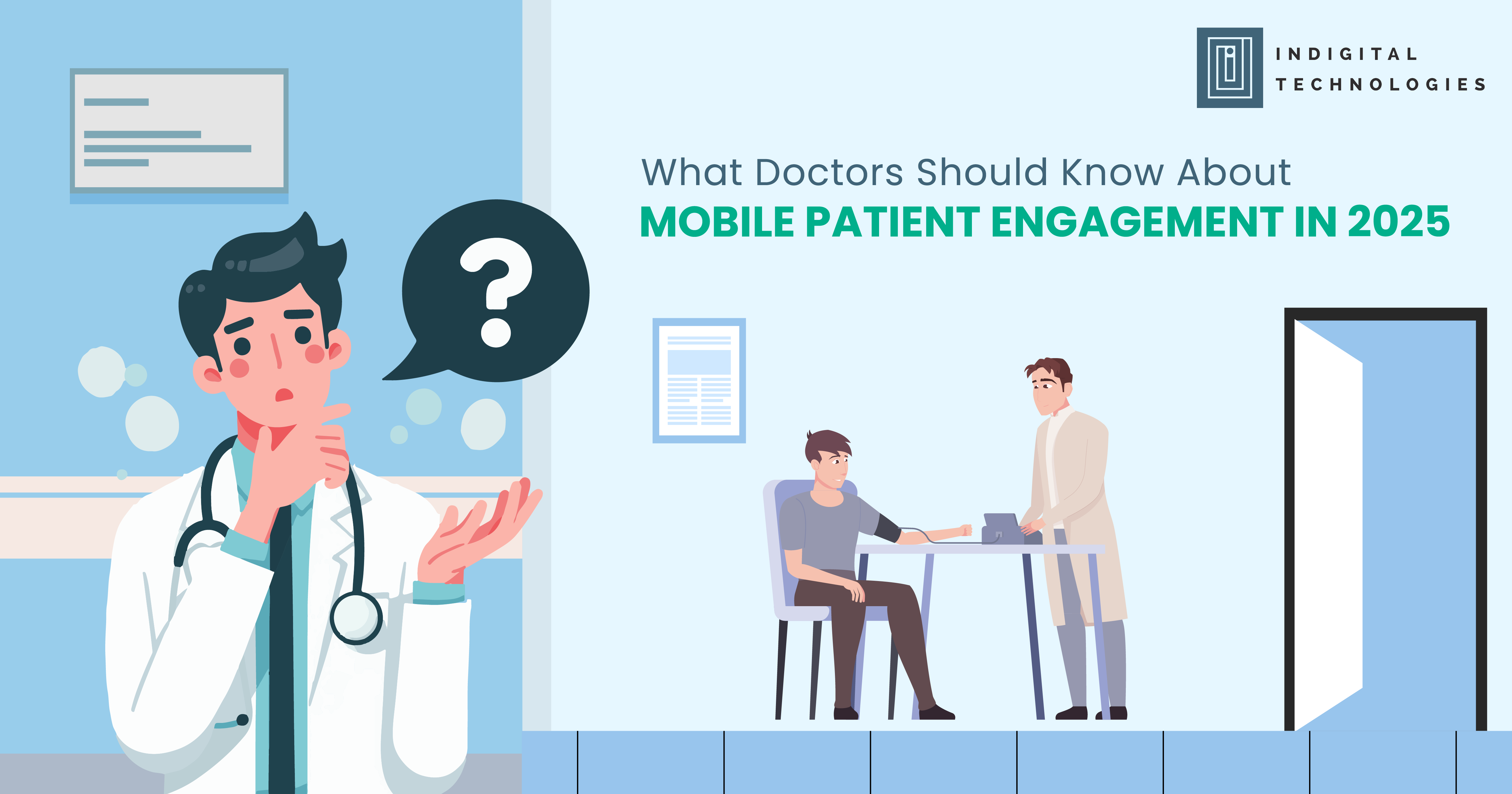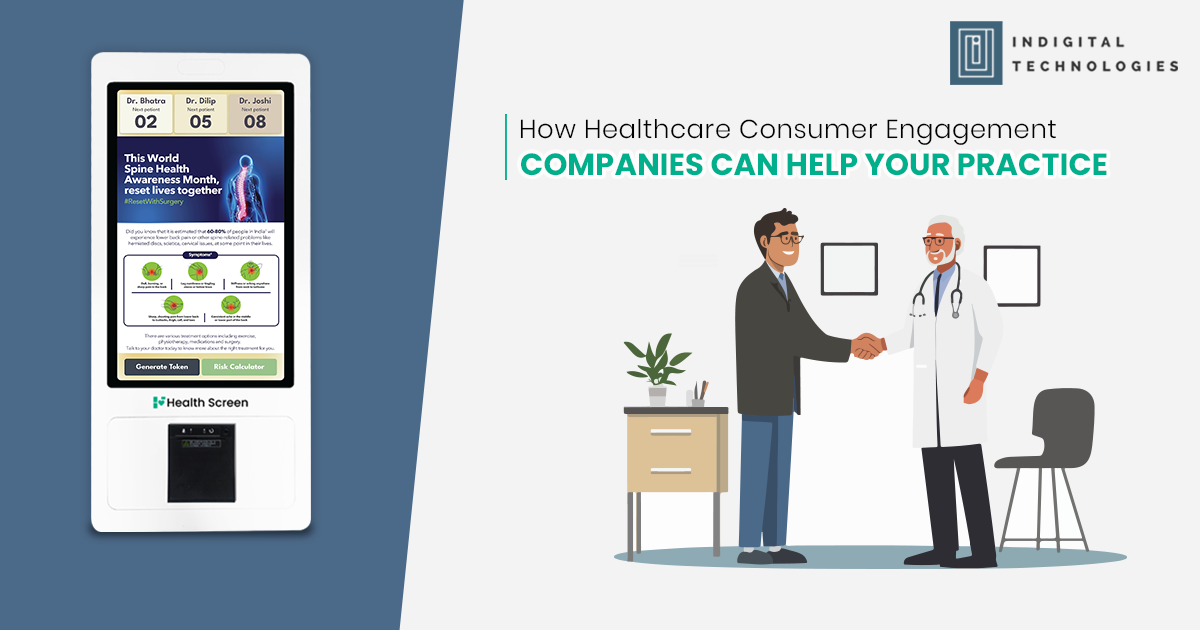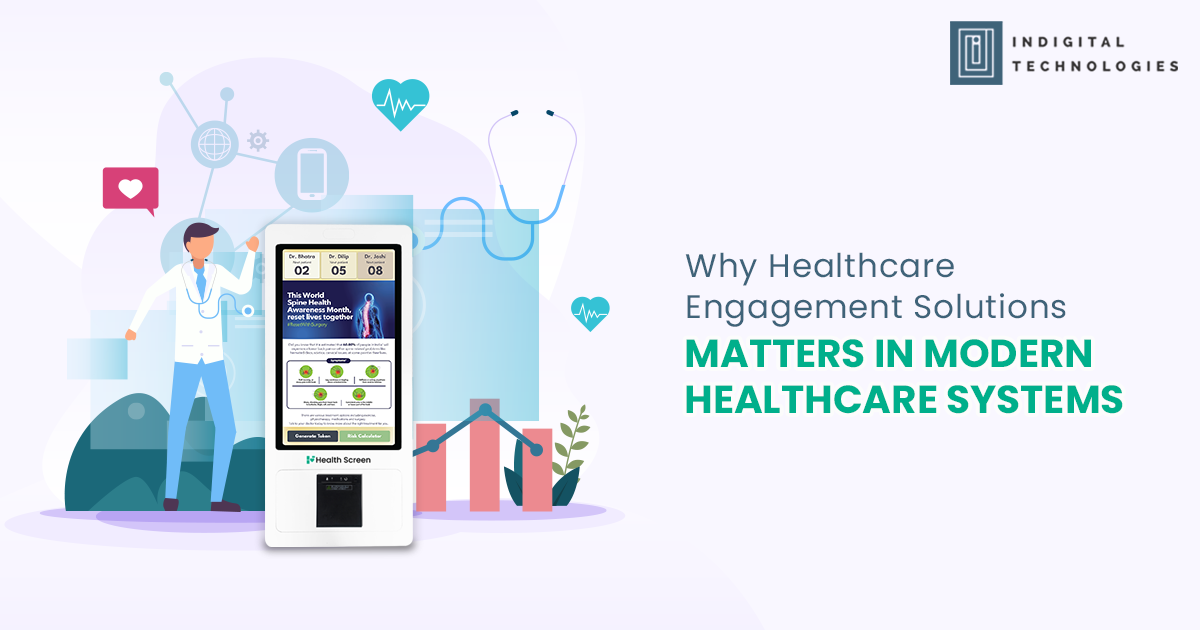The healthcare landscape in 2025 looks very different from even just a few years ago. Patients are no longer passive recipients of care — they are active participants, demanding greater transparency, communication, and convenience. As a result, consumer health engagement platforms have emerged as critical tools in modern clinical practice.
For doctors striving to stay ahead, understanding these platforms — and how to integrate them into everyday workflows — has never been more important.
Patients Are Acting Like Consumers — and Clinics Must Adapt
Patients today approach healthcare decisions similarly to how they approach other services: they research, compare, review, and demand seamless experiences. This “consumerization” of healthcare means that patients expect their healthcare journey to be as smooth as ordering food or booking travel online.
Consumer health engagement platforms cater to this mindset. They offer user-friendly interfaces, personalized health content, easy access to records, and constant communication — creating a care experience patients trust and appreciate.
It’s More Than Just Appointment Scheduling
While early versions of digital health tools focused on simple tasks like online scheduling, modern engagement platforms offer a much broader array of functions:
- Personalized health education based on conditions or prescriptions.
- Secure messaging between doctors and patients.
- Health risk assessments and digital screening tools.
- Medication reminders and adherence tracking.
- Symptom monitoring and digital check-ins.
For doctors, leveraging these features means extending care beyond the clinic walls — ensuring that patients stay engaged, informed, and proactive about their health.
Empowered Patients Lead to Better Outcomes
Multiple studies have shown that when patients feel more involved in their own care, outcomes improve. Consumer engagement platforms enable this empowerment by giving patients access to educational materials, treatment plans, progress trackers, and more.
An informed patient is a more adherent patient. And a more adherent patient typically experiences fewer complications, fewer readmissions, and better overall satisfaction.
Data Security Remains a Top Priority
With the rise of digital healthcare solutions comes a renewed focus on data security and patient confidentiality. Doctors must ensure that any consumer engagement platform they adopt complies with the latest healthcare regulations and privacy standards.
Trusted platforms offer end-to-end encryption, consent management, and transparent data usage policies — giving both doctors and patients peace of mind.
Personalization is Key
Generic communication no longer works. Patients expect information, reminders, and updates tailored to their specific conditions, treatment regimens, and even personal preferences.
Modern engagement solutions use intelligent algorithms to personalize content delivery. For example, a patient with hypertension may automatically receive lifestyle tips, medication reminders, and blood pressure tracking tools — all without the doctor needing to manually manage each interaction.
Personalized engagement not only improves outcomes but also strengthens the patient-clinic relationship.
Consumer Health Engagement Supports Preventive Care
Historically, healthcare systems have been reactive — treating problems once they occur. Consumer engagement platforms are shifting the model toward prevention.
By offering risk assessments, wellness programs, and early warning alerts, these platforms help patients and doctors catch potential issues before they escalate. Preventive care is better for patients and reduces the long-term burden on healthcare systems.
Conclusion
In 2025, adopting a consumer health engagement platform is no longer about keeping up with trends — it’s about delivering the standard of care patients now expect. Doctors who embrace these solutions position themselves to build stronger, more resilient practices that truly put patients at the center.
Understanding, implementing, and optimizing digital engagement strategies is fast becoming a critical clinical skill — one that separates future-ready healthcare providers from those who risk being left behind.




